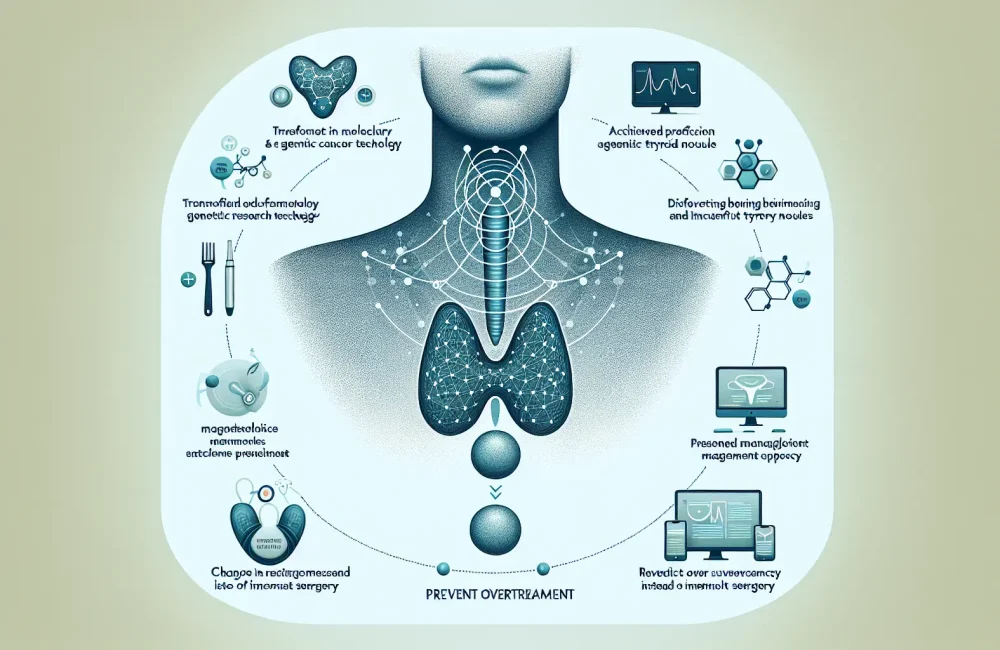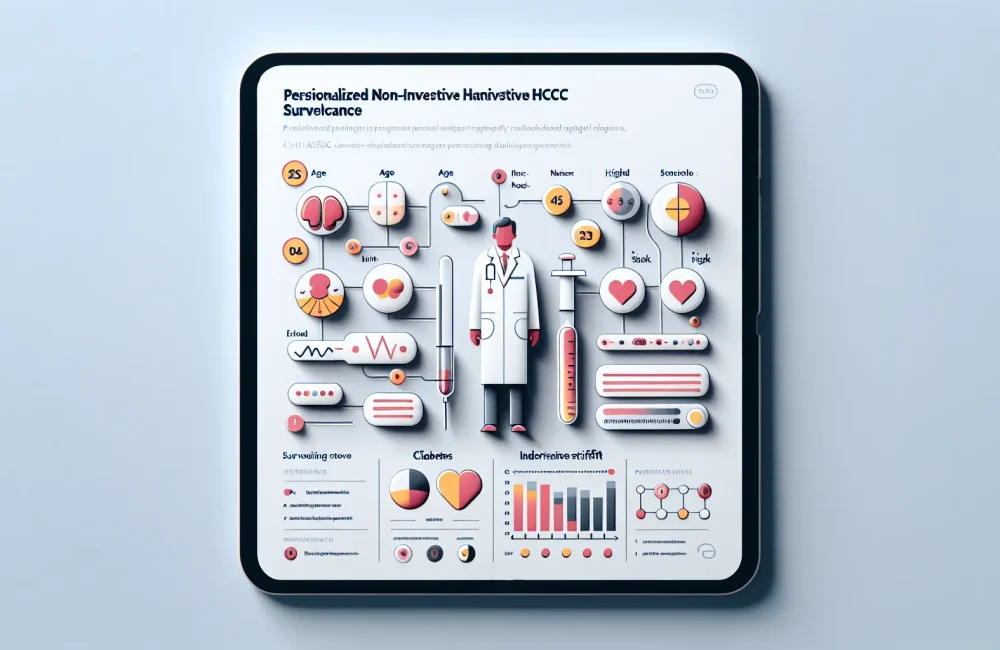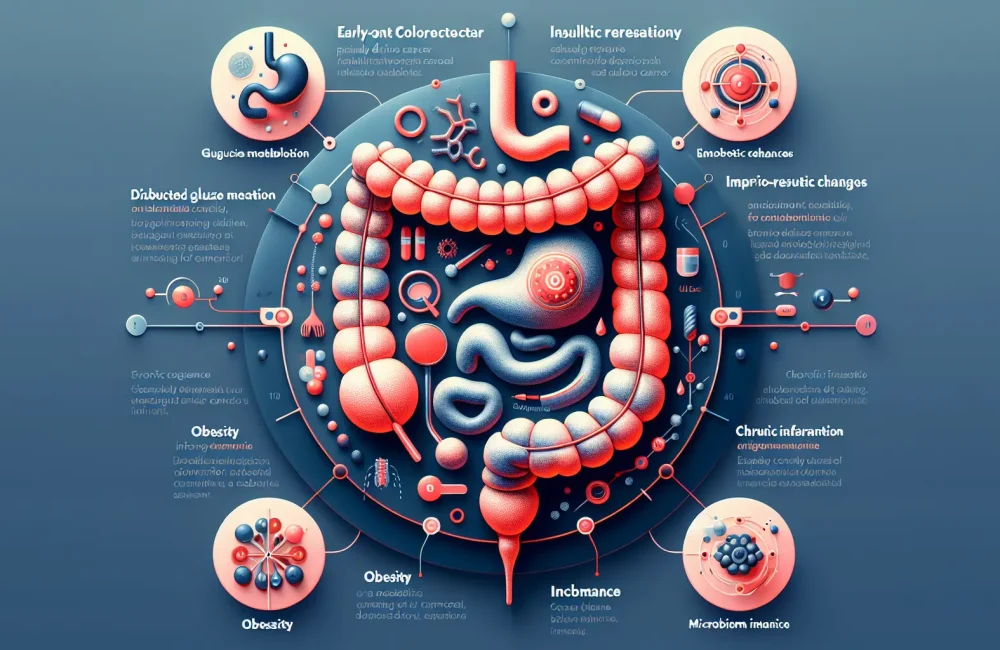By CAFMI AI From JAMA
Importance of Helicobacter pylori Screening in High-Risk Populations
Screening for Helicobacter pylori infection as a preventive strategy against gastric cancer has been highlighted as a critical intervention, especially in regions with high H. pylori prevalence and elevated gastric cancer incidence. The authors of the reply emphasize that population-based screening programs are essential to identify and treat infections early. Early eradication of H. pylori has been shown to significantly reduce the risk of developing gastric cancer, based on evidence derived from recent meta-analyses and large-scale studies. Such programs may lead to a substantial decrease in cancer-related morbidity and mortality, providing a strong public health benefit. However, the success of these programs depends on careful patient selection, appropriate screening methods, and effective treatment regimens.
Screening Methods, Benefits, Limitations, and Implementation Challenges
The reply further details the different screening modalities available for detecting H. pylori infection, including serologic testing and non-invasive stool antigen tests. Serologic testing, which detects antibodies, is useful but has limitations such as inability to distinguish between active and past infections. Stool antigen tests provide a non-invasive and reliable alternative for current infections but may be less accessible in some settings. The authors discuss the ongoing debates about optimizing these methods according to specific population characteristics, the balance between sensitivity and specificity, and resource availability. Additionally, they underscore the importance of weighing the benefits and harms of widespread screening programs, factoring in cost-effectiveness and feasibility. Implementation of mass screening is challenged by logistical constraints, economic considerations, and the need for adherence to treatment protocols after diagnosis. The reply calls attention to the need for tailored strategies based on local epidemiology and healthcare infrastructure.
Future Directions: Research, Guidelines, and Clinical Implications
Looking forward, the correspondence stresses the necessity of further research to refine and optimize H. pylori screening strategies. Key areas for study include long-term outcomes of eradication on gastric cancer prevention, ideal screening intervals, and integration into primary care workflows. The authors advocate for updated clinical guidelines that reflect emerging evidence, to assist clinicians in identifying appropriate candidates for screening and ensuring effective follow-up. Counseling patients about the risks and benefits of screening and eradication therapy remains critical, as does recognizing red flags and differential diagnoses in cases presenting with gastric symptoms. Ultimately, improving H. pylori management through evidence-based screening and treatment can significantly impact gastric cancer rates, underscoring its importance in clinical practice, especially within high-risk USA populations where gastric cancer burden remains notable.
Read The Original Publication Here






